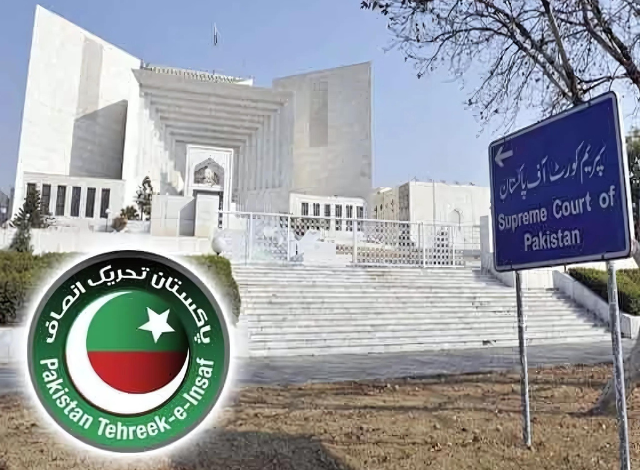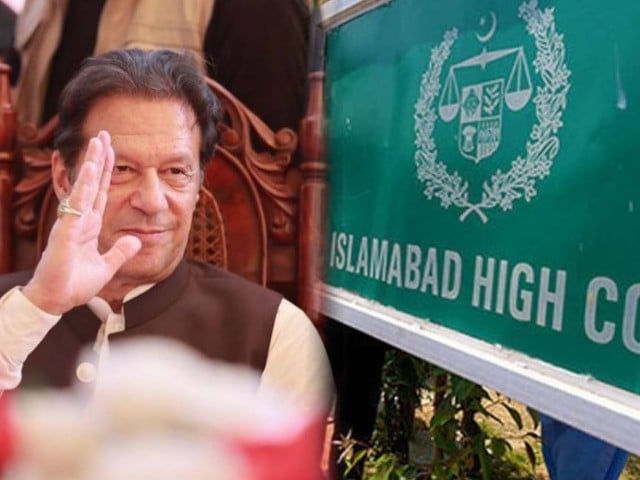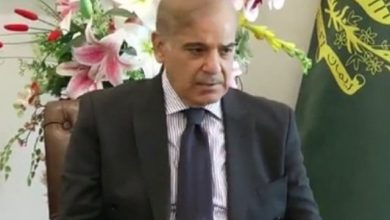Reserved seats case: Apex court’s detailed verdict deems ECP’s March 1 decision void

The Supreme Court of Pakistan has issued a detailed 70-page verdict declaring the Election Commission of Pakistan’s (ECP) decision on reserved seats unconstitutional.
The judgment, written by Justice Mansoor Ali Shah, also annulled a previous ruling by the Peshawar High Court (PHC), affirming that the reserved seats should be allocated to Pakistan Tehreek-e-Insaf (PTI).
The verdict was delivered by an 8-5 majority of a full bench led by Chief Justice Qazi Faez Isa. Judges like Justices Yahya Afridi, Aminuddin Khan, Jamal Khan Mandokhail, and Naeem Akhtar Afghan dissented, emphasising the importance of proportional representation.
The decision, which follows an earlier ruling on July 12, provides relief to PTI by restoring its claim to the reserved seats.
The court stated that PTI, as a political party, had the right to be heard in this matter.
The court also questioned the success of so many independent candidates in a parliamentary democracy, noting that PTI claimed many independents were actually its candidates.
The SC has ruled against the ECP decision to deny Pakistan Tehreek-e-Insaf (PTI) its election symbol, restoring the party’s right to contest elections with its symbol.
The court declared the ECP’s actions unlawful and highlighted that the fundamental rights of the electorate and political parties must not be compromised.
The ruling highlighted that the ECP, which plays a crucial role in ensuring democratic processes in Pakistan, failed in its responsibilities during the February 2024 elections.
The court emphasised that the electoral disputes involve the public’s stake and are different from typical civil cases.
This detailed ruling effectively nullifies the ECP’s March 1 decision and the PHC’s endorsement of it. The court ruled that the ECP’s actions had no legal standing, affirming that the reserved seats should be given to PTI.
Previously, the PHC and ECP decisions allowed the ruling coalition of PML-N and PPP to gain a two-thirds majority in the National Assembly, raising their seat count.
Both the federal government and the ECP opposed the Sunni Ittehad Council’s (SIC) plea, arguing that reserved seats should only be allocated to political parties that contested the elections, won seats, and submitted a candidate list by the deadline.
This Supreme Court decision, however, suspends that verdict, affecting the coalition’s majority.
ECP alos refused to allocate PTI its election symbol after determining that the party had not conducted intra-party elections as per its constitution.
The court, however, concluded that this failure did not justify the denial of the election symbol and that PTI’s candidates could not be treated as independents
The ruling has broad implications, restoring not only PTI’s symbol but also reinforcing the proportional representation system essential to democratic fairness.
PTI’s legal team argued that denying the symbol contradicted constitutional principles, a stance the court upheld. “Denying the election symbol compromises the electorate’s right to fair representation,” the court stated in its judgment.The court stressed that denying the symbol violated the fundamental rights guaranteed under Article 17(2) of the Constitution, which protects political participation.
The decision is seen as a major win for PTI, ensuring that their candidates will be recognized as party representatives rather than independents candidates.
In its detailed verdict, the full court bench, headed by Chief Justice Qazi Faez Isa, emphasised the constitutional importance of fair elections, noting, “The most important political office is that of the private citizen,” reinforcing the electorate’s vital role in democracy. The bench further remarked that the ECP’s actions, which included treating PTI candidates as independents, were a severe infringement of electoral rights.


